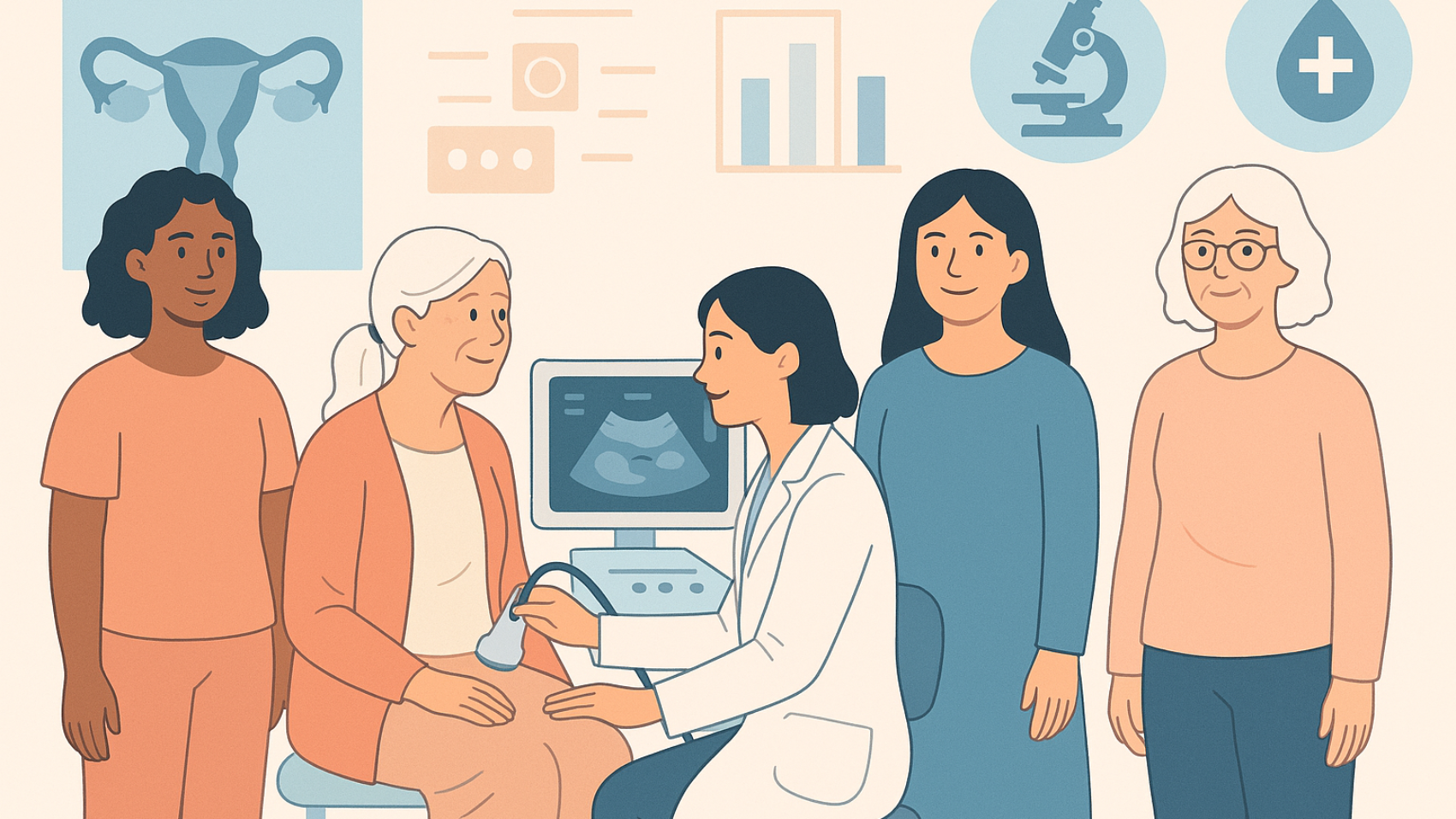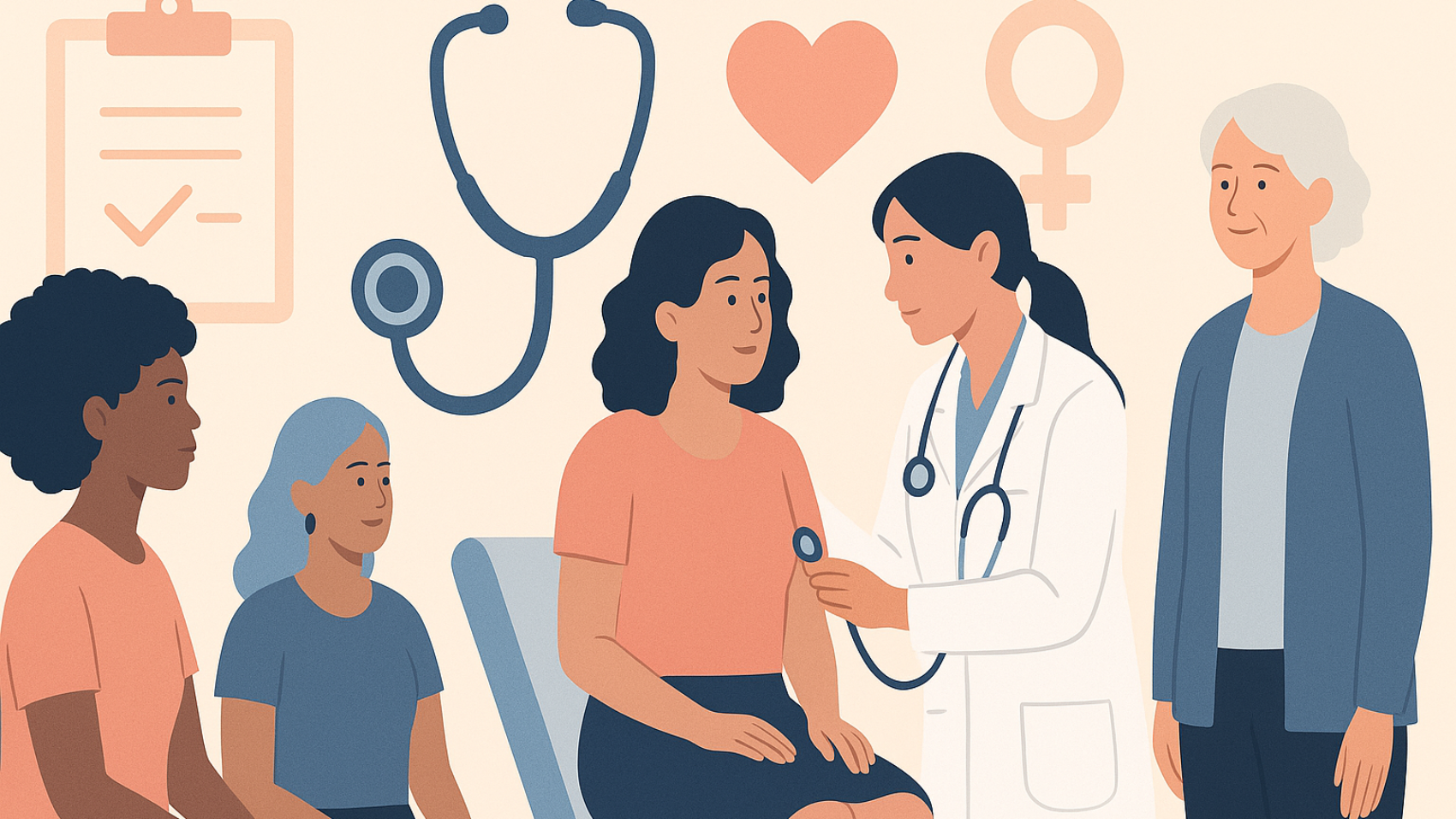Regular women’s check-ups are a cornerstone of maintaining long-term health and well-being. From detecting diseases early to tracking vital health metrics, routine health evaluations are key to living a vibrant life. Whether you’re in your 20s or well into your golden years, understanding what health screenings are essential at every age can help you stay ahead. In this comprehensive guide, we dive into everything you need to know about women’s health check-ups—timing, tests, recommendations, and why prevention is always better than a cure.
Why Regular Women’s Check-Ups Matter
Women face unique health challenges at every stage of life—from hormonal changes and reproductive health to bone density loss and cardiovascular disease. Regular check-ups enable early diagnosis, better management of chronic conditions, and customized health guidance. Most importantly, they empower women with knowledge and confidence to take control of their health.
Key Benefits of Regular Women’s Health Check-Ups:
- Early detection of diseases (e.g., cancer, diabetes)
- Monitoring reproductive health and hormone levels
- Mental health screening
- Assessment of bone and cardiovascular health
- Nutritional and lifestyle guidance
Essential Screenings and Health Tests for Women
| Test/Check-Up | Purpose | Starting Age | Frequency |
| Pap Smear | Detects cervical cancer | 21 | Every 3 years |
| HPV Test | Screens for human papillomavirus | 30 | Every 5 years |
| Mammogram | Detects breast cancer | 40 | Every 1–2 years |
| Bone Density Test | Checks for osteoporosis | 50 | Every 2 years |
| Blood Pressure | Assesses heart health | 18 | Every 1–2 years |
| Cholesterol Test | Evaluates cardiovascular risk | 20 | Every 4–6 years |
| Blood Sugar (Glucose) Test | Screens for diabetes | 35 | Every 3 years |
| Colonoscopy | Detects colon cancer | 45 | Every 10 years |
| Thyroid Function Test | Monitors thyroid hormones | 35 | Every 5 years |
| Skin Exam | Detects skin cancer or changes | 20 | Yearly |
Women’s Health Check-Up by Life Stage
In Your 20s:
- Pap Smear
- STD Testing
- Mental health assessments
- Breast self-exams
- Blood pressure monitoring
In Your 30s:
- Add: HPV test, cholesterol, thyroid testing
- Continue regular reproductive and mental health checks
In Your 40s:
- Begin: Mammograms
- Watch for perimenopausal symptoms
- More focus on cardiovascular screening
In Your 50s:
- Add: Bone density scan, colonoscopy
- Menopause-related evaluations
In Your 60s & Beyond:
- Annual mammograms
- Continued monitoring for chronic illnesses
- Fall risk assessments
Visual Chart: Recommended Screening Frequency by Age Group
| Age Group | # of Recommended Screenings |
| 20–29 | 4 |
| 30–39 | 5 |
| 40–49 | 6 |
| 50–64 | 7 |
| 65+ | 6 |
Lifestyle Screenings Often Overlooked
| Test/Assessment | Purpose |
| Mental Health Screening | Anxiety, depression, stress |
| Nutritional Check | Diet quality, deficiencies |
| Sleep Health Assessment | Sleep apnea, insomnia |
| Eye & Hearing Exams | Vision and auditory health |
| Dental Exams | Oral hygiene and overall health |
Tips to Prepare for Your Women’s Check-Up
- List current symptoms or concerns
- Bring past medical records or test results
- Know your menstrual and reproductive history
- Wear comfortable clothing
- Don’t shy away from asking questions
Final Thoughts
A comprehensive women’s health check-up is more than a routine—it’s an empowering experience that puts your health in focus. Staying proactive about your health ensures a better quality of life, improved longevity, and peace of mind.
Make it a priority to schedule your next check-up and encourage the women around you to do the same. Prevention is the best prescription.


